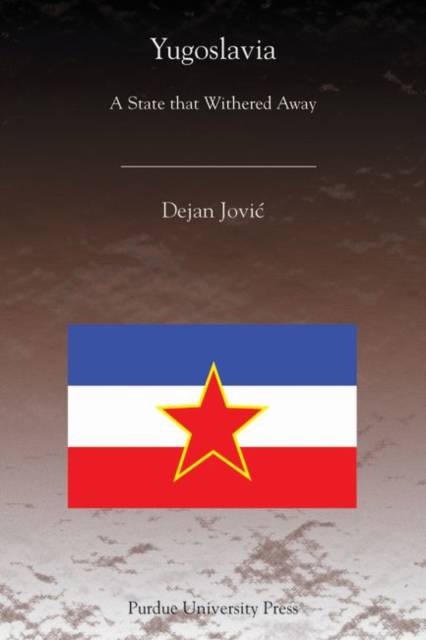
- Afhalen na 1 uur in een winkel met voorraad
- Gratis thuislevering in België vanaf € 30
- Ruim aanbod met 7 miljoen producten
- Afhalen na 1 uur in een winkel met voorraad
- Gratis thuislevering in België vanaf € 30
- Ruim aanbod met 7 miljoen producten
Zoeken
Omschrijving
The disintegration of Yugoslavia was the result of many factors, not of a single one, but the primary one, the author argues, was commitment of the Yugoslav political elite to the Marxist ideology of withering away of the state. Ideology had a central place in Yugoslav politics. The trend of decentralization of Yugoslavia was not primarily motivated by reasons of ethnic politics, but by Marxist beliefs that the state should be decentralized and weakened until it was finally replaced by a self-managing society, especially the case during the extended period of the last 15 years before the actual breakdown of the Yugoslav socialist federation. Yugoslavia: A State that Withered Away examines the emergence, implementation, crisis, and the breakdown of the fourth (Kardelj's) constitutive concept of Yugoslavia (1974-1990), and relations between anti-statist ideology of self-management and the actual collapse of state institutions.
Specificaties
Betrokkenen
- Auteur(s):
- Uitgeverij:
Inhoud
- Aantal bladzijden:
- 432
- Taal:
- Engels
- Reeks:
Eigenschappen
- Productcode (EAN):
- 9781557534958
- Verschijningsdatum:
- 1/12/2008
- Uitvoering:
- Paperback
- Formaat:
- Trade paperback (VS)
- Afmetingen:
- 152 mm x 229 mm
- Gewicht:
- 680 g

Alleen bij Standaard Boekhandel
+ 169 punten op je klantenkaart van Standaard Boekhandel
Beoordelingen
We publiceren alleen reviews die voldoen aan de voorwaarden voor reviews. Bekijk onze voorwaarden voor reviews.











